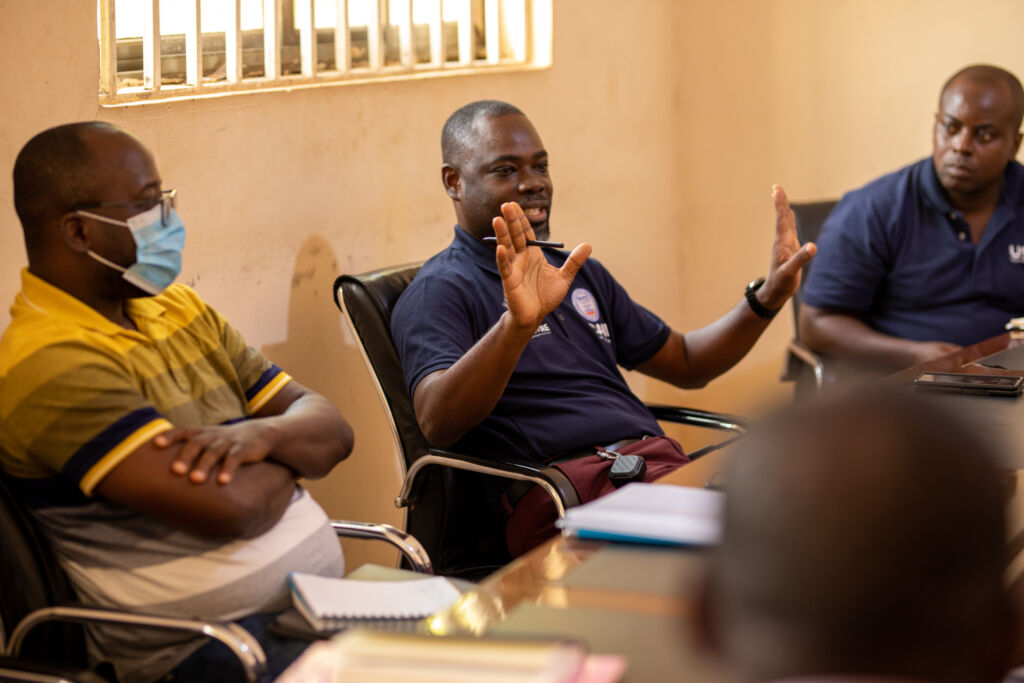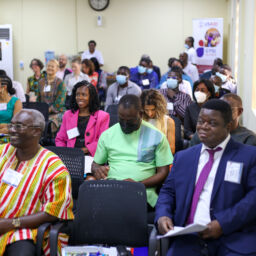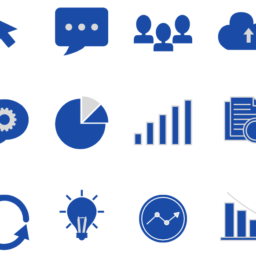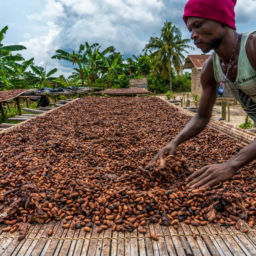High-quality, accurate, and relevant data form the cornerstone of evidence-based decision-making. The United States Agency for International Development (USAID) utilizes data to inform budget decisions in Washington and in its missions around the world, thus ensuring limited resources are expended judiciously. Furthermore, it uses data to assess its effectiveness, and demonstrate the impacts of its interventions to the American people.

Program managers often require high-quality data to inform the design and execution of various development interventions. Reporting with data that do not meet the quality standards puts USAID’s and its implementing partners’ credibility at risk, but more critically, it risks relying on faulty assumptions and missed opportunities for course correction, learning, and program redesigns that better address the increasingly complex development challenges being addressed.
To this end, USAID encourages the use of Data Quality Assessments (DQA) as part of program reviews. The Agency requires DQAs to be periodically conducted to assist country staff and implementing partners in understanding the strengths and weaknesses of their data collection and data management process, and the extent to which the data can be trusted to influence management decisions.
In November and December 2022, the USAID-funded Ghana Monitoring, Evaluation, and Learning (MEL) Platform Activity, led by LINC, supported the USAID/Ghana Mission in conducting its 2022 DQA exercises.
The four-year, $16.5 million MEL Platform activity is providing a diverse array of demand-driven services to USAID/Ghana, implementing partners, and Ghanaian stakeholders including Government of Ghana Ministries, Departments and Agencies, and Ghanaian academic and research institutions. LINC’s partners for the Ghana MEL Platform include an exceptional team of experienced implementers, evaluators, and researchers, including The Cloudburst Group, DevLab@Penn, and the Institute of Statistical, Social, and Economic Research at the University of Ghana (ISSER). The services under this Activity are expected to improve the Mission’s ability to engage in evidence-based program design and increase its ability to measure, analyze, and communicate the impact of USAID programming in Ghana in accordance with the U.S. Government’s Performance and Results Modernization Act (2010).
Data Quality Assessment 2022
An eight-member team consisting of staff from both USAID/Ghana and the Ghana MEL Platform, comprising Program Managers, Monitoring and Evaluations Experts, and the Communications Specialist, visited implementing partners working across the Ghana Mission’s four Technical Offices to assess the quality of the data, identify data gaps, document any limitations in data quality, and establish a plan for addressing those.

During the visit, Samuel Tagoe, the Monitoring and Evaluation Specialist for the USAID/Ghana Economic Growth Office noted that the quality of reported data depends on the underlying data management and reporting system; stronger systems should result in better-quality data. The assessment team verified the quality of data reported in the fiscal year (FY) 2022 to ascertain whether they are credible and meet the five data quality standards of validity, integrity, precision, reliability, and timeliness. At the end of the session, the assessment team shared their initial feedback and observations with the implementing partners.
So far, sixteen implementing partners have benefited from the 2022 USAID/Ghana Mission’s DQA. The assessment team has completed the draft of a comprehensive DQA Report for the Ghana Mission’s Health, Population, and Nutrition Office; Economic Growth Office; and Democracy Rights and Governance Office.
Mr. Fedelis Dadzie, the Deputy Chief of Party of the USAID-funded Mobilizing Finance for Agriculture (MFA) Project, remarked that the 2022 DQA exercise was very well organized: “As partners in the ongoing efforts to improve data quality,” he said, “the MFA project and its grantees were happy to engage the assessment team and look forward to working with USAID to address the gaps identified.”
Crucially, the USAID Ghana MEL Platform’s visits with individual implementing partners and detailed reports to USAID/Ghana technical offices resulted in practical, meaningful recommendations for how best to accurately capture, record, and report data for the ongoing assessment of program impact and effectiveness. Among other things, the DQA Report highlighted best practices, identified gaps, and recommended practical solutions to address challenges and gaps. The DQA Report will also inform the USAID/Ghana Mission’s capacity-building efforts in monitoring and evaluation.
The USAID Ghana MEL Platform will conduct monitoring visits to assess, encourage, and support implementing partners’ progress in addressing the gaps and challenges identified. By accurately gauging program performance through data, the DQAs and related outreach directly supports the Mission’s objectives of economic growth, sustained social services, and sustainable development.
This story was written by Emmanuel Attramah and Emmanuel Mahama.
This activity is made possible by the support of the American People through the United States Agency for International Development (USAID).



